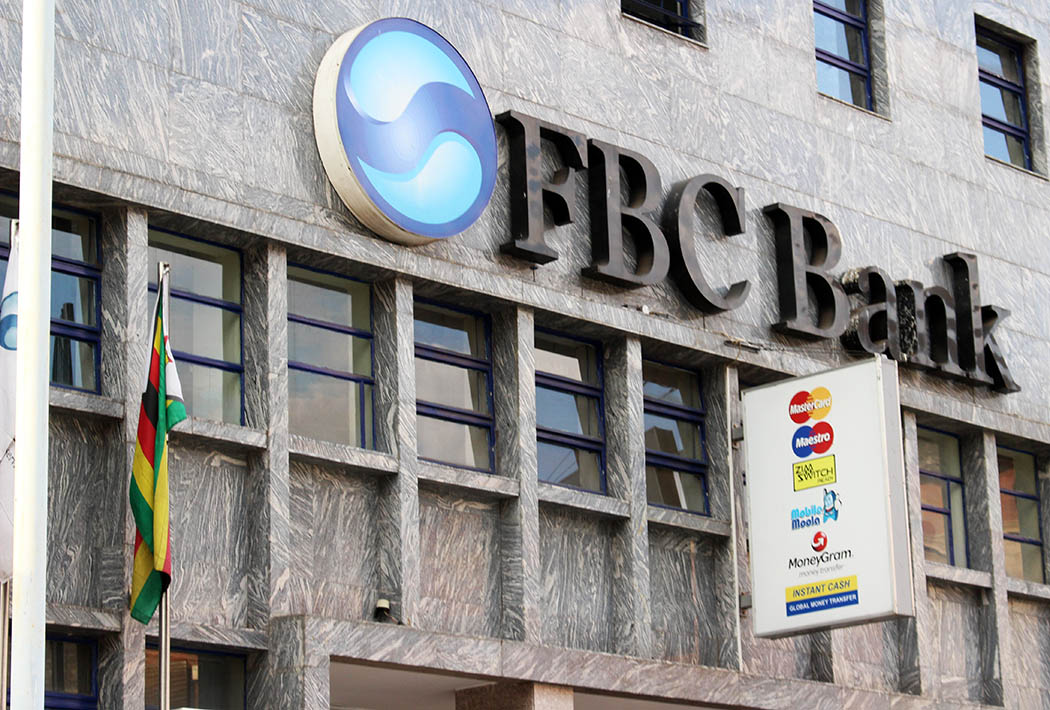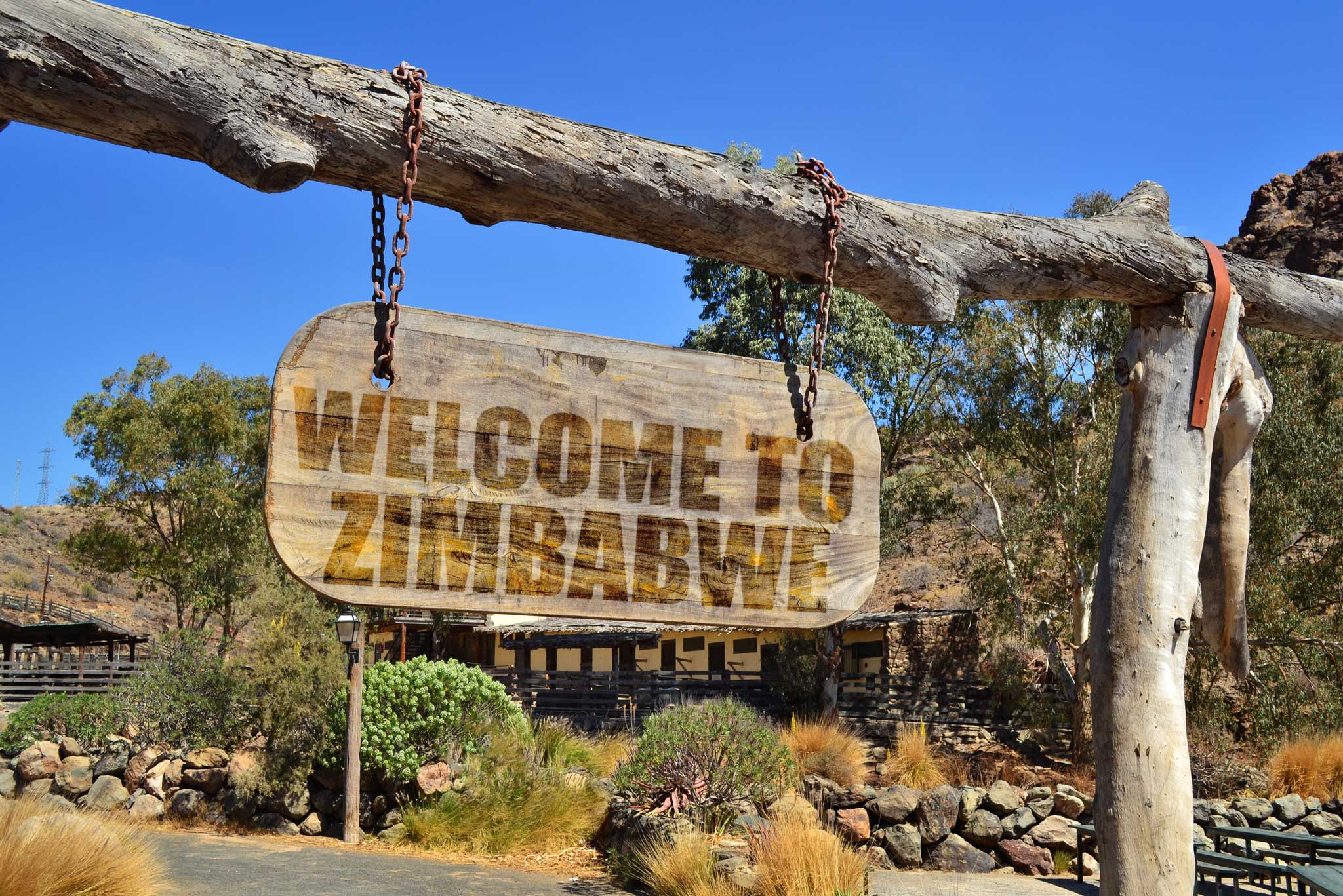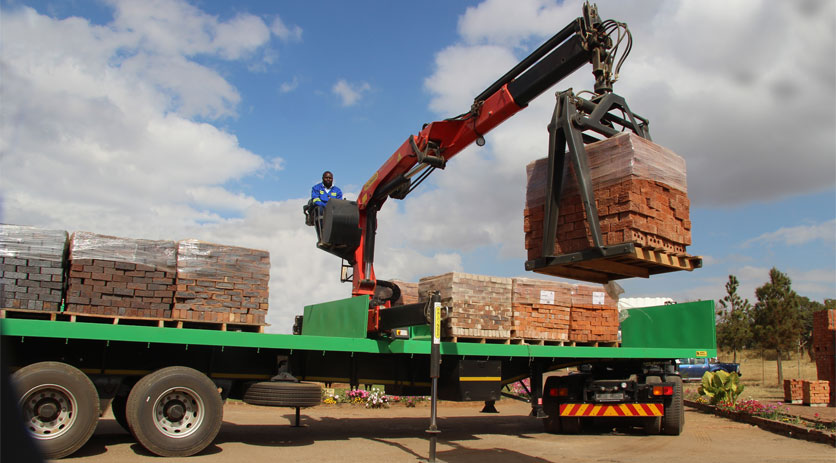Willdale to capitalise on construction boom to remain profitable
Brick-making firm Willdale Limited, listed on the Zimbabwe Stock Exchange (ZSE), is positioning itself to capitalise on the construction boom in infrastructure development.
Zimbabwe has seen increased activity in housing projects, shopping malls and public infrastructure like schools, roads, dams and bridges driven by Government and private investors.
Willdale, which manufactures and sells clay bricks including common bricks, face bricks, semi-face bricks, and paving bricks has adopted strategies to remain profitable despite increasing competition and a shifting business model.
The company reported that cluster home developments and the expansion of shopping malls in major cities and towns had significantly contributed to revenue growth last year.
In the group’s 2024 Annual Report, chairman Mr Cleophas Makoni acknowledged that competition will intensify as existing players and new entrants compete for available projects.
“The boom in the construction industry is also expected to persist in the coming year, providing opportunities for volume growth.
“Our strong brand and consistent focus on quality products should give us a competitive edge. We expect to raise the required funding for the upgrading of the production plant from the various initiatives that are already in motion.
Willdale chairman, Mr Cleophas Makoni
“Suitable strategies have been adopted to remain profitable in the face of competition and a shifting business model,” said Mr Makoni.
During the review period, increased construction activity drove demand for bricks. However, inadequate stock levels limited volume growth, resulting in a seven percent decline in sales volumes compared to the previous year.
“Production needs to be enhanced as soon as possible to effectively deal with emerging competition, which is threatening both volumes and margins,” he said.
Willdale reported revenue of US$11 million for the year, marking a 64 percent increase from the prior year (2023: US$6,7 million). Despite the revenue growth, sales volumes declined by 7 percent due to reduced production.
While average prices rose by six percent despite competition, the company faced exchange rate distortions in the first-half of the year, leading to significant exchange losses.
The company also reclassified land worth US$2,6 million as a current asset following a resolution to develop and sell it. Applications for development permits are at different stages of approval.
Mr Makoni noted that working capital shortages, driven by the evolving business model and prevailing liquidity constraints, hindered production volume growth.
“Production costs remained relatively higher than competitors who were using better technology.
“Fundraising for the acquisition of a modern and more efficient rotary kiln plant is ongoing. This plant will improve competitiveness, particularly in the common brick segment,” he said.
Despite challenges, Mr Makoni expressed confidence in the company’s long-term sustainability.-chroncile










